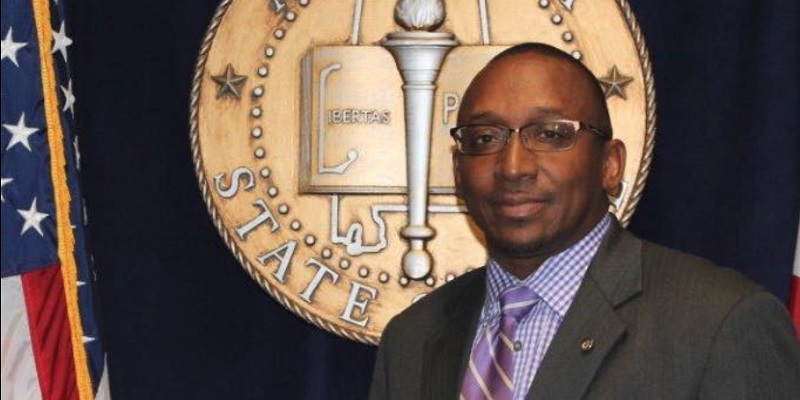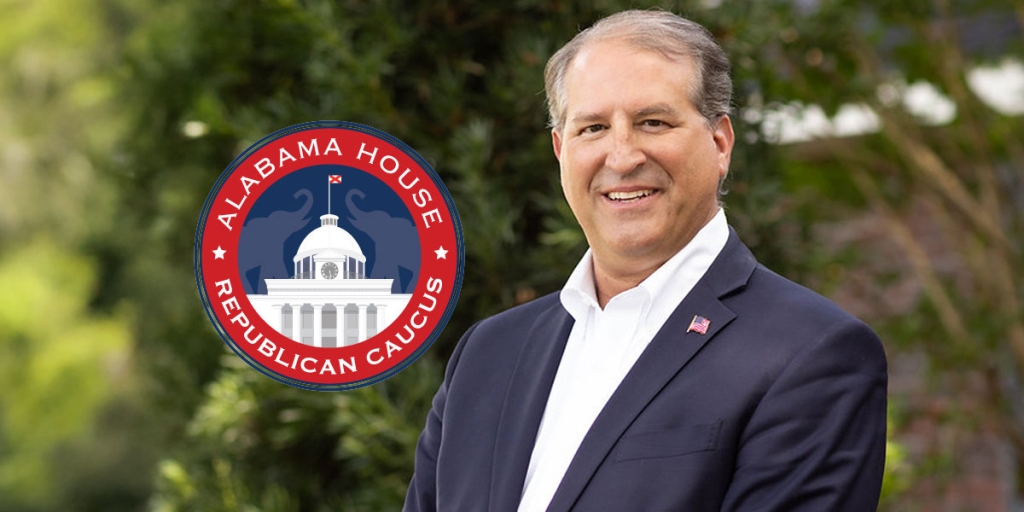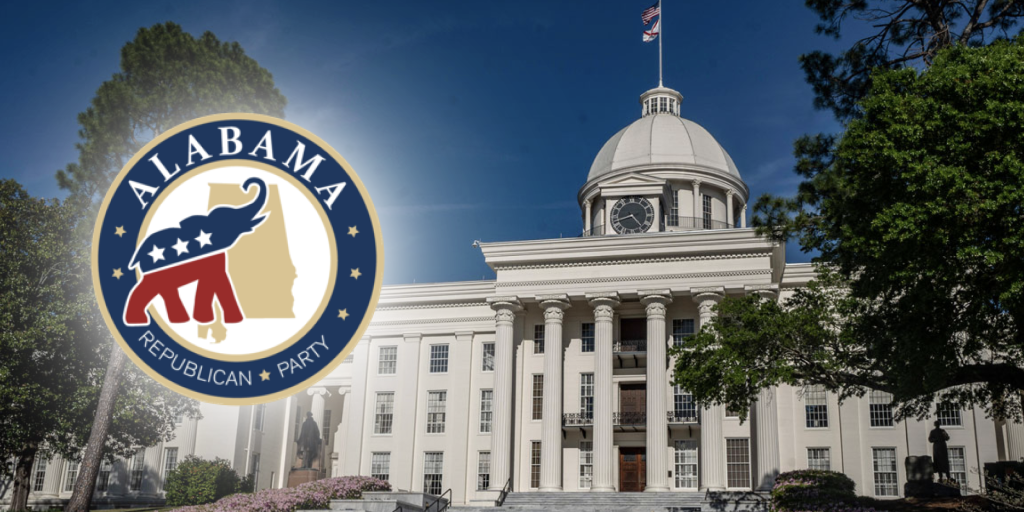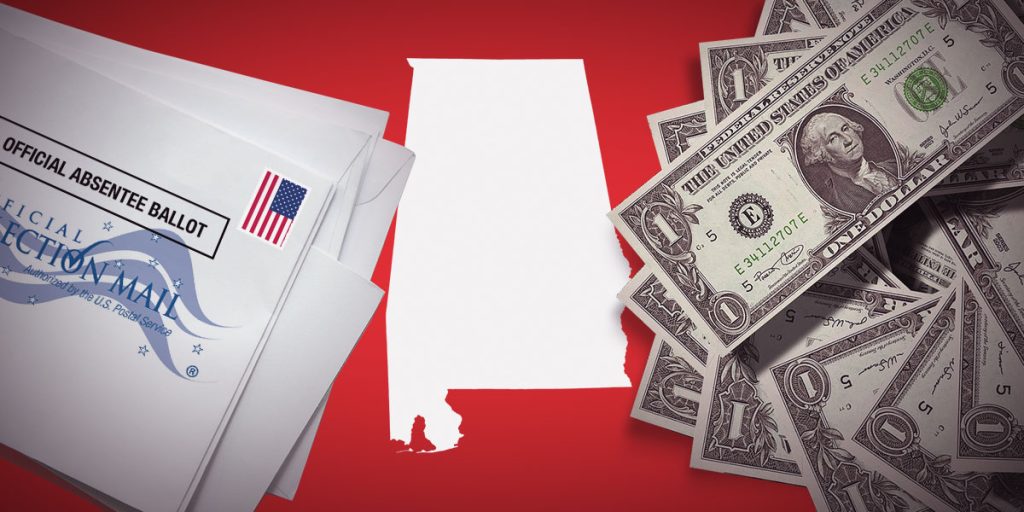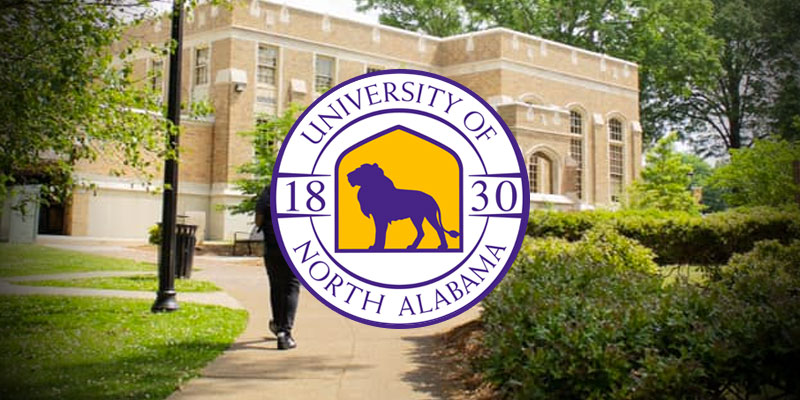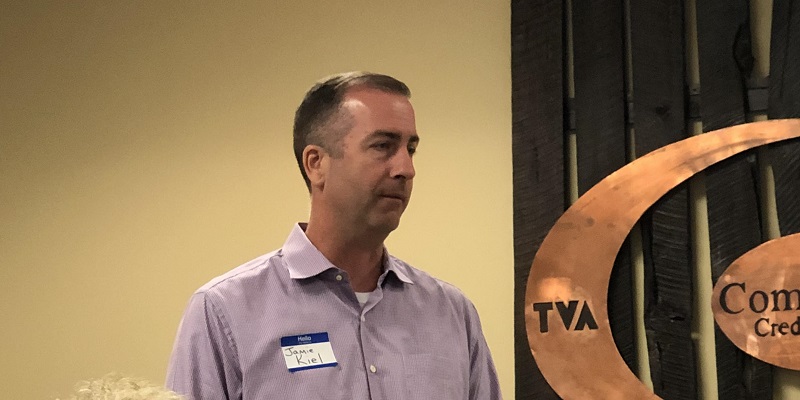MONTGOMERY — The Alabama Senate on Thursday passed a bill that would effectively end the distinction between so-called “non-essential” and “essential” businesses when it comes to states of emergency imposed by the State of Alabama.
HB 103 is sponsored by Rep. Jamie Kiel (R-Russellville) and was carried in the Senate by Sen. Garlan Gudger (R-Cullman).
If a business or other entity such as a church were able to comply with current health orders, that entity would be able to continue conducting business and keep its doors open under HB 103; the government would not be able to selectively pick and choose which businesses remain open and which have to close.
Kiel introduced the bill in response to pandemic-related policies that unilaterally shuttered small businesses while allowing big-box stores to remain open.
Sen. Tim Melson (R-Florence), a medical doctor, during the Senate floor debate stressed that government should not pick winners and losers.
However, Senate Minority Leader Bobby Singleton (D-Greensboro) asserted that government should not be “worried about” winners or losers.
This came amid a filibuster by Singleton in which he spoke passionately against the bill.
He advocated for indefinitely closing back down all churches in Alabama for in-person worship services. Churches have been allowed to reopen, at least in some form or fashion, since May 11, 2020.
“They’re not going to do right,” Singleton said, speaking in a blanket manner about churches following health orders and guidelines. “These people ain’t following no guidelines.”
The Democrat said people can simply “have Jesus at their house.”
“It doesn’t take sitting in a building to get Jesus,” Singleton said, while dictating how others should practice their faith. “You can fellowship with your family. … Fellowship ain’t all about somebody else. See, y’all get church all mixed up.”
Melson questioned Singleton on why he believes the government should shut down churches but not big-box stores. The Democrat responded by indicating he was fine with shuttering big-box stores, too.
Singleton also expressed his desire that certain other businesses that he views as nonessential, such as restaurants when it comes to on-site dining, be shut back down.
Without evidence or data supporting him, Singleton claimed that the pandemic was currently getting worse and that we “still don’t know enough” about COVID-19. He simultaneously accused HB 103 of being “anti-science” while saying “soap and water” kills the coronavirus.
“We can’t afford to be opening up businesses,” Singleton commented. “We’re setting people up to die … the legislature is in the killing business.”
This drew bemused laughter from Gudger. To reiterate, HB 103 only allows entities to operate if in compliance with state health orders.
“This has been an extremely difficult year for people across our state. Many Alabamians have suffered from and even lost loved ones from this virus, people have had to go extended periods of times without seeing loved ones, schools have been cancelled, and many parts of life that we hold dear have been put on hold,” Gudger stated. “One of the most disappointing aspects of this entire crisis has been the countless small businesses being forced to close their doors to their customers, and churches and religious institutions being told they cannot meet and worship in person, while businesses ranging from Walmart to liquor stores were given free rein to continue to operate and carry out business as usual. This bill ensures this will never happen again in Alabama.”
Singleton, however, argued that since the state government’s budgets were not shrunken as a result of the pandemic, complaints of the past year being hard on businesses are overstated. “We’re not missing anything,” he bragged, speaking to the State of Alabama’s coffers.
“Business didn’t lose a whole lot of money,” Singleton said. “Some of them just made false reports because they knew federal dollars were there. That’s all they were doing. They made a whole lot of money.” He criticized Republicans for caring about “brick and mortars.”
“This blood’s going to be on your hands,” Singleton claimed. “So, when people start dying in churches, when people start dying in restaurants because they traced it back to they got a super spreader out of a restaurant or out of a store somewhere, when they start dying this blood’s going to be on your hands. My people on my side of the aisle are going to sit around and say, ‘I told you so.’”
HB 103 was passed by the Senate as amended in a 26-6 vote, with all Democrats present voting “nay.”
The House then voted to concur with the Senate-passed version of the legislation, sending the bill to Governor Kay Ivey’s desk.
“This legislation ensures that small businesses in future pandemics won’t be told that they aren’t essential enough to stay open while others are,” Gudger concluded. “I appreciate my colleagues in the Senate and the House for working together in a bipartisan way to get this bill passed. The people of Cullman have asked for it. The people of Alabama have asked for it. And now Alabamians can rest assured that in any future public health outbreaks like this the people of our state are protected.”
Kiel in a statement said that he was proud to see this legislation pass the legislature on Thursday.
“I was proud to see this important legislation I sponsored in the House pass the Senate today,” he stated. “This bill creates a level playing field for all businesses so that if one business can be open under certain guidelines that are sent down by the governor, then all businesses could be open under those same guidelines.”
“Throughout this pandemic, we have seen businesses, both small and large, forced to close down while their customers flocked to big box stores that were allowed to remain open,” he continued. “And while institutions such as liquor stores were allowed maintain business as usual, churches were forced to close their doors to their congregations. This legislation gives Alabamians confidence that all businesses and religious institutions who follow proper guidelines will be able to stay open in future public health outbreaks.”
National Federation of Independent Business (NFIB) Alabama state director Rosemary Elebash praised the passage of the bill.
“This is great news for Alabama’s small businesses. HB 103 is going to help employers get through another crisis without shutting down and without cutting jobs,” she remarked. “You should be allowed to open if you follow the government’s guidelines for keeping customers and employees safe.”
“On behalf of NFIB’s small business members, I want to thank Rep. Jamie Kiel and Sen. Garlan Gudger for driving this legislation through the Alabama House and Senate, and we look forward to Governor Ivey signing it into law,” Elebash concluded.
Sean Ross is the editor of Yellowhammer News. You can follow him on Twitter @sean_yhn




